A leading Australian sustainable packaging solutions company, Propak Industries has confirmed it has received increased interest in its automated systems for the fresh produce industry, especially during the COVID-19 pandemic.
"A lot of the industries that we deal with have had problems with labour shortages, including horticulture," Managing Director Garry Sandercock said. "Automation and waste reduction have been one of the main themes recently.
The Adelaide based company, with a national presence, has recently undergone a branding refresh, updating its website and logo, and Mr Sandercock says that beyond the product sales and services, the family-run business offers packaging audits, consultations and advice to ensure customers are equipped with the knowledge they need.
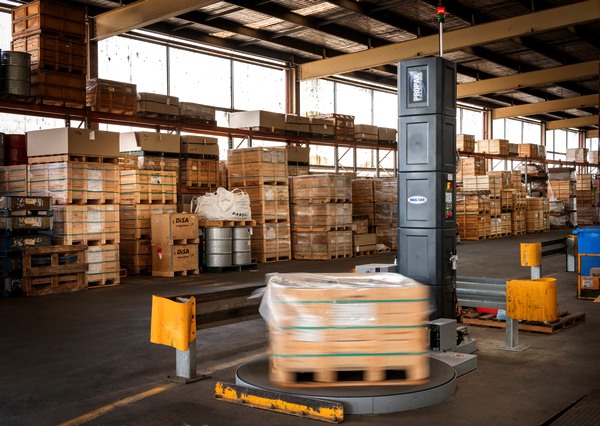
One of the main products Propak has launched into the market has been the revolutionary ‘Macro Wrap’ Ventilated Stretchfilm and pallet wrapping machines. Mr Sandercock says there has been greater interest in this remote-controlled operation, which helps account for labour shortages and increases productivity. In addition, Propak has also installed many fully automated taping systems and has had interest in fully automated lines where conveyors take the pallets in and out of the packing sheds, while also wrapping them.
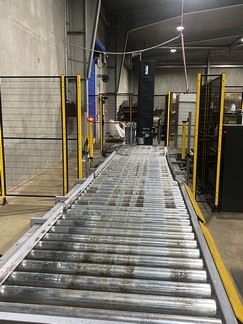 "Particularly for our MAS 500, we can design a program that suits them so they don't have to get off the forklift or pallet wrap by hand," he said. "Basically, they stay on the forklift and it will apply the recyclable film to the pallet and the operator can go do something else, so they are not wasting time just standing by a machine, or doing any of it manually. For example, in a Queensland table grape farm, the grower was using eight backpackers to palletise by hand, but because he had labour shortages, he put three of our remote-controlled machines in and he could put those eight people in other areas of the operations, where labour was needed. He was very happy with the result, because labour is such an important issue, especially with the Omicron variant forcing many people to stay home."
"Particularly for our MAS 500, we can design a program that suits them so they don't have to get off the forklift or pallet wrap by hand," he said. "Basically, they stay on the forklift and it will apply the recyclable film to the pallet and the operator can go do something else, so they are not wasting time just standing by a machine, or doing any of it manually. For example, in a Queensland table grape farm, the grower was using eight backpackers to palletise by hand, but because he had labour shortages, he put three of our remote-controlled machines in and he could put those eight people in other areas of the operations, where labour was needed. He was very happy with the result, because labour is such an important issue, especially with the Omicron variant forcing many people to stay home."
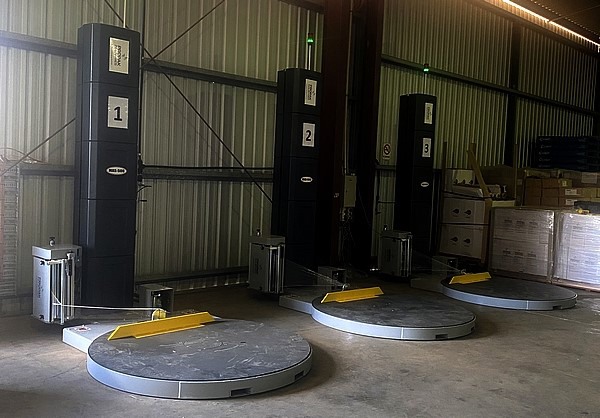
While new and innovative technology is being introduced into the market all the time, he is advising people to make sure they do their homework to make sure the company who is providing the service is reputable; and that the product is what they need and will be reliable to do what it says it will do.
"With any industry, particularly horticulture, if people are looking at new equipment, they need to do their homework," he said. "People are making a lot of claims out there, but as an industry as a whole, by being in pack sheds and on farms, we know a lot of people around the country. The best way to find out if a particular automation works is to talk to your neighbour or industry counterpart. Then research, because unfortunately during these times, people are making claims that aren't true. You still have to do your homework; don't believe everything that is said and be comfortable with the company you are dealing with."
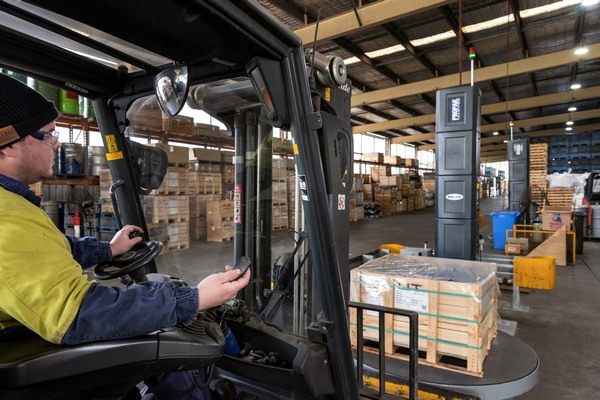
He added that the company has also had a lot of enquiries from growers, packers and the Distribution Centres (DCs) around Australia wanting to know about plastic, and he says all the films that he supplies are recyclable. There's not a single-use plastic, and recently we became part of the REDcycle Program, where plastics are brought back and made into other items including furniture and even the subsurface for roads, so it is not just discarded into landfill.
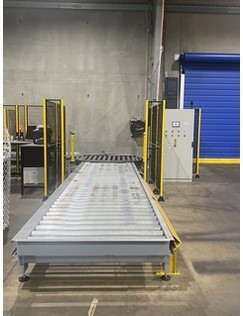 While the issue of being environmentally friendly and sustainable is a vision for most companies across the fresh produce industry, Mr Sandercock does admit that they often do have to balance other more immediate concerns for their companies, made worse by the pandemic.
While the issue of being environmentally friendly and sustainable is a vision for most companies across the fresh produce industry, Mr Sandercock does admit that they often do have to balance other more immediate concerns for their companies, made worse by the pandemic.
"The problem at the moment is getting the produce to the supply chain," he said. "If we can get the product out with reduced plastic, it is a big bonus, but at the moment, supply chain issues are not only related to plastic. At ports around the world, there is a backlog of shipping containers, and things like the cost of fertiliser have gone up. Costs have gone up everywhere. Overall, (reducing) plastic is a big driver, but at the moment there are so many other concerns that are causing industry a lot of hardship and uncertainty - around shipping and freight costs."
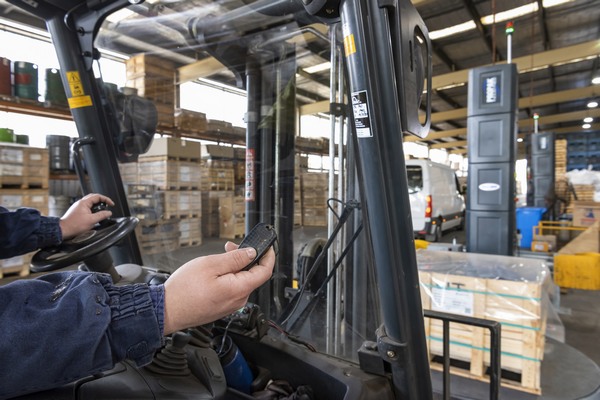
With the company based in South Australia, Mr Sandercock has admitted travelling for face to face meetings has been challenging over the past two years, but he adapted through remote technology and has been lucky to have partnerships with local support service providers who have been able to attend to maintenance requests from clients. Propak is a critical essential supplier to horticulture and other industries and will resume travel for face to face meetings now that most state border restrictions have eased (with the exception of Western Australia).
For more information on the company's team, products and services, visit: www.propakindustries.com.au
Garry Sandercock
Propak Industries
Tel: +61 8 8443 3522
[email protected]










